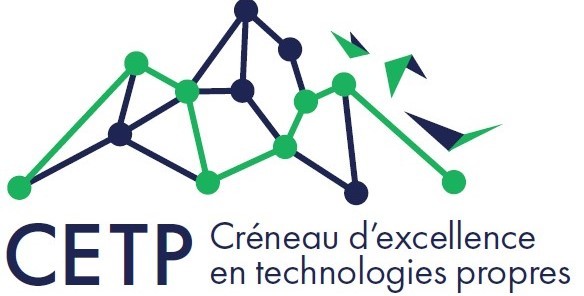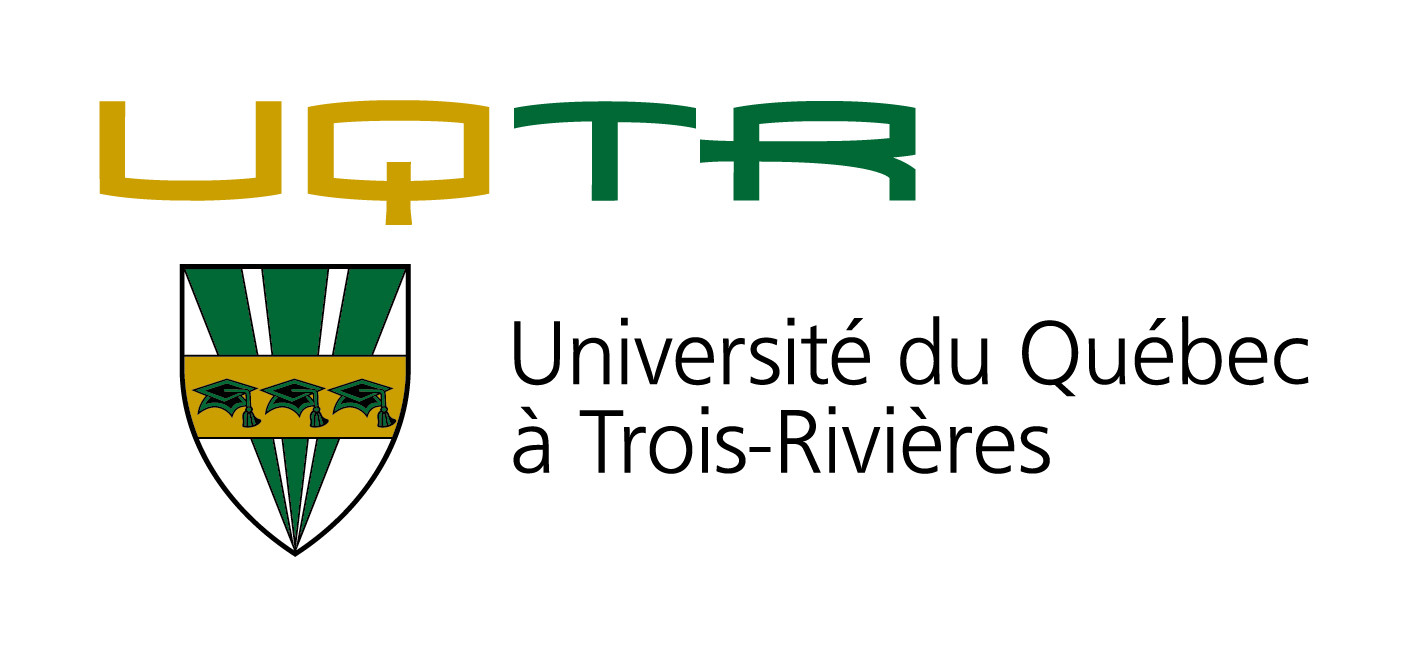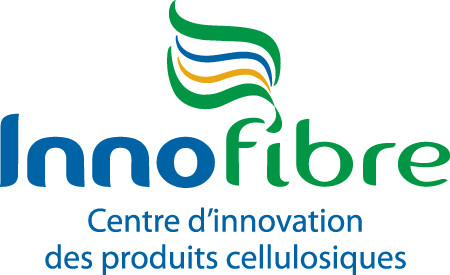Type a word to start your search

Type a word to start your search

From 25th February to 26th February, 2020
Hôtel Sandman, Longueuil
Today, the fight against climate change, triggered by the increase in CO2 emissions, represents an unprecedented challenge on a global scale. Following the Paris Conference (COP 21), Quebec set itself the goal of reducing its greenhouse gas emissions in line with the climate challenges and the international consensus, and moving towards a competitive and sustainable economy with a low carbon footprint. By 2030, Quebec has committed to reducing its greenhouse gas emissions by 37.5% below 1990 levels. To achieve this, a broad range of government initiatives have been put in place to stimulate technological innovation in emissions reduction and CO2 recovery. A government consultation was launched in autumn 2019, for the Electrification and Climate Change Plan (ECCP).
In this context, the Plan proposes pragmatic measures that will enable Quebec to remain a leader in the fight against climate change. Key elements will be at the heart of the ECCP, including support for industries and businesses in the development of new sectors such as the bioeconomy, and carbon taxation as a means of transforming the economy. These measures will be based on two (2) pillars: mitigation of climate change and adaptation to the impacts of climate change. The development of innovative solutions for capturing and converting CO2 into polymers, biofuels, chemicals and CO2 recycling systems is becoming a pressing and inescapable challenge for Quebec's most polluting manufacturing companies.
In addition to the technical and economic challenges, the carbon value chain in Quebec needs to be structured by integrating the aspects of accounting, regulation and the distribution of carbon credits between the various players in the chain.
It is in this perspective that the CRIBIQ and the Pôle de recherche et d'innovation en matériaux avancés (PRIMA Québec), in collaboration with the Université Laval et the Polytechnique Montréal engineering university, are organizing this conference entitled: "CO2 Capture and Recovery: Technological, Environmental and Economic Challenges for Quebec". The aim of this event is to take stock of the various technologies for capturing and converting CO2 into value-added products and the market opportunities for the Quebec economy.
This event is targeted at manufacturers, researchers, managers, engineers, equipment manufacturers, consultants and students with an interest in the carbon value chain in Quebec.
*Vous êtes membre du CRIBIQ?* Sign in *à votre compte pour avoir accès aux documents relatifs aux événements passés.*

Shaffiq Jaffer, Vice President of Corporate Science and Technology Projects in North America
TOTAL

Pia Skoczinski, Responsible for Industrial Biotechnology and Carbon Capture and Utilisation
Nova Institute (Allemagne)

Louis Fradette, Professor
École Polytechnique de Montréal
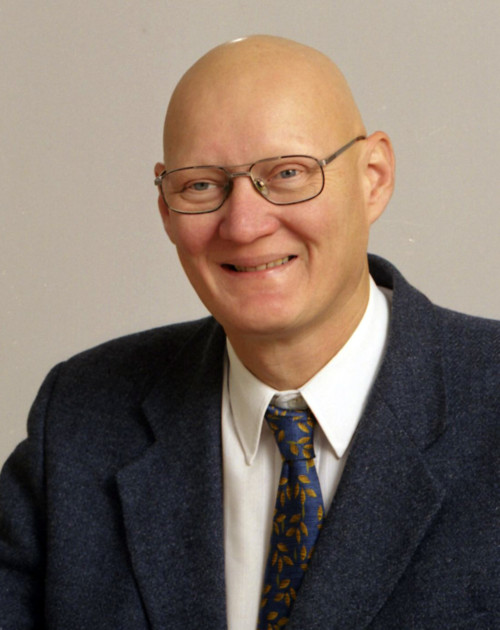
Claude Villeneuve, Professeur titulaire - Directeur de la Chaire en éco-conseil
Université du Québec à Chicoutimi (UQAC)
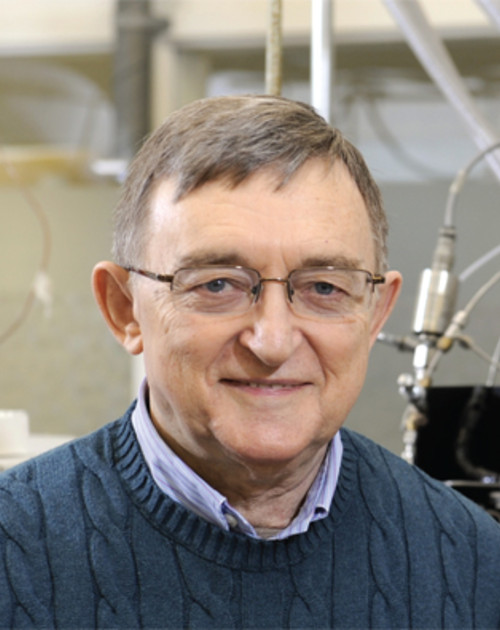
Serge Kaliaguine, Professeur Titulaire
Université Laval

Philip Jessop, Professor
Queen's University, Ontario

Maryse Tremblay, Directrice des communications et de la responsabilité sociale d’entreprise
Ciment McInnis
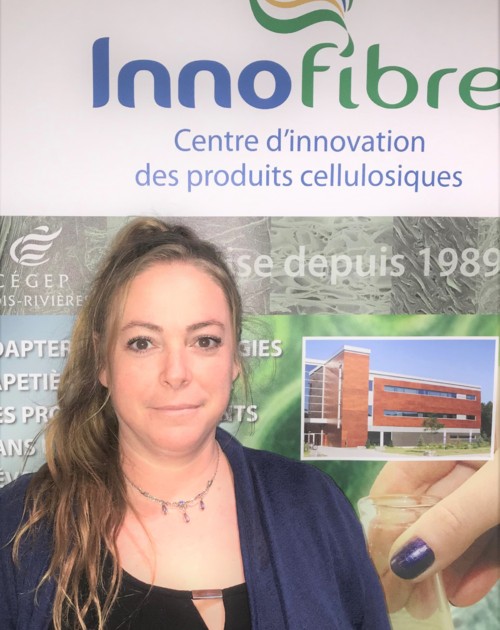
Nathalie Bourdeau, Chercheuse
Innofibre

Jean Paquin, Président & CEO
SAF+ Consortium

Daria C. Boffito, Professeure Adjointe
École Polytechnique Montréal
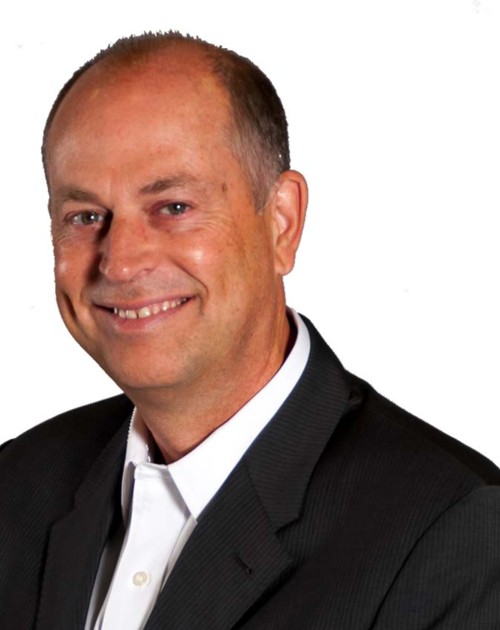
Claude Létourneau, Président et chef de la direction
Svante Inc.
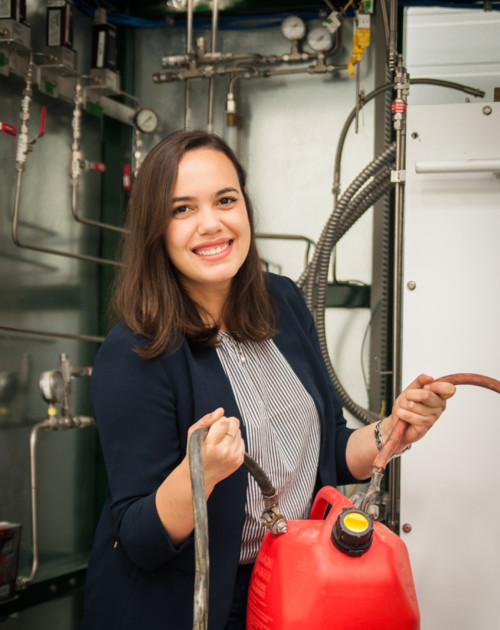
Bruna Rego de Vasconcelos, Professeure adjointe
Université de Sherbrooke

Alain Lefebvre, Vice-président Stratégies Corporatives et Gouvernementales

François Roberge, Directeur – Développement durable et innovation, Associé
GCM CONSULTANTS

Manon Laporte, Présidente-Directrice Générale
Enviro-Accès Inc.

Mihaela Cibian, Professeure
Institut de recherche sur l'hydrogène, UQTR

Louis-César Pasquier, Professor
INRS

Art Deane, President & CEO
Symbiotic Envirotek Inc.

Valérie Girardin, Directrice
CETP (Créneau d'excellence des technologies propres)


